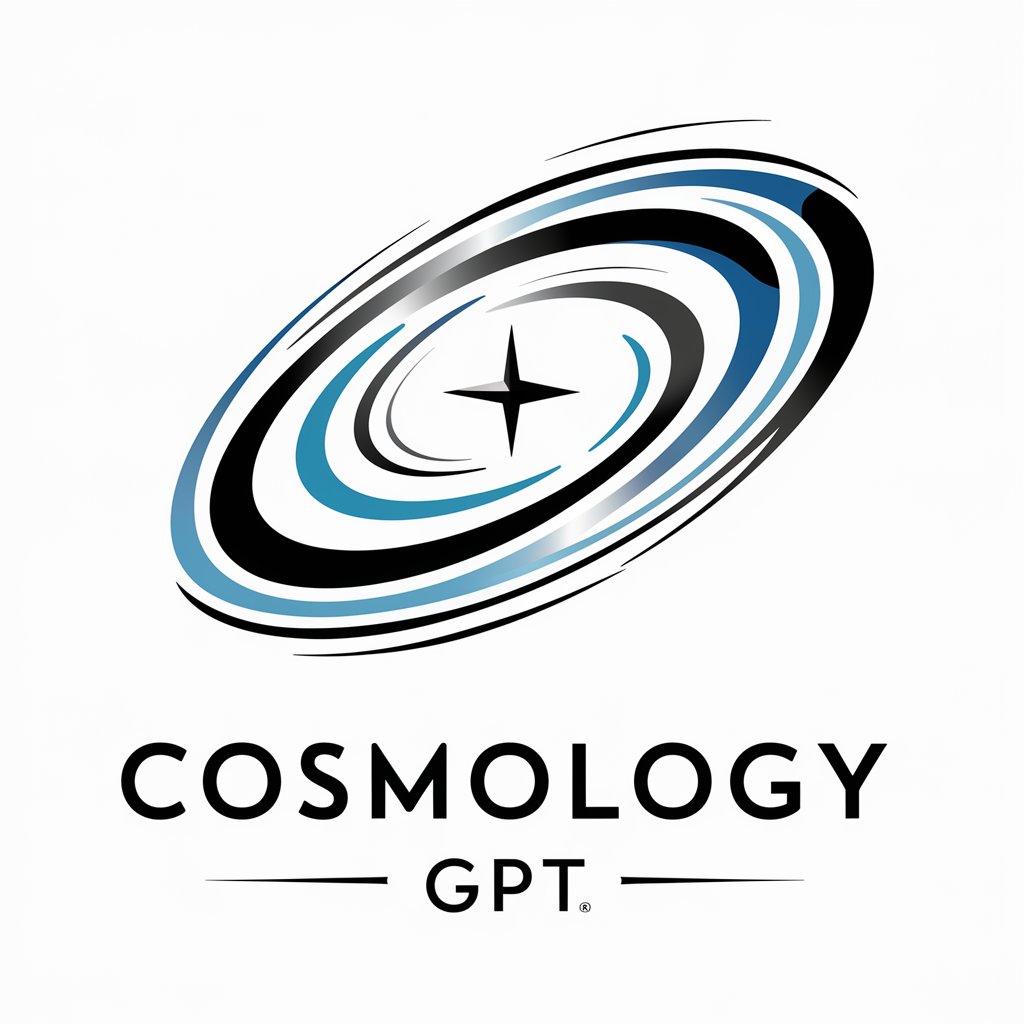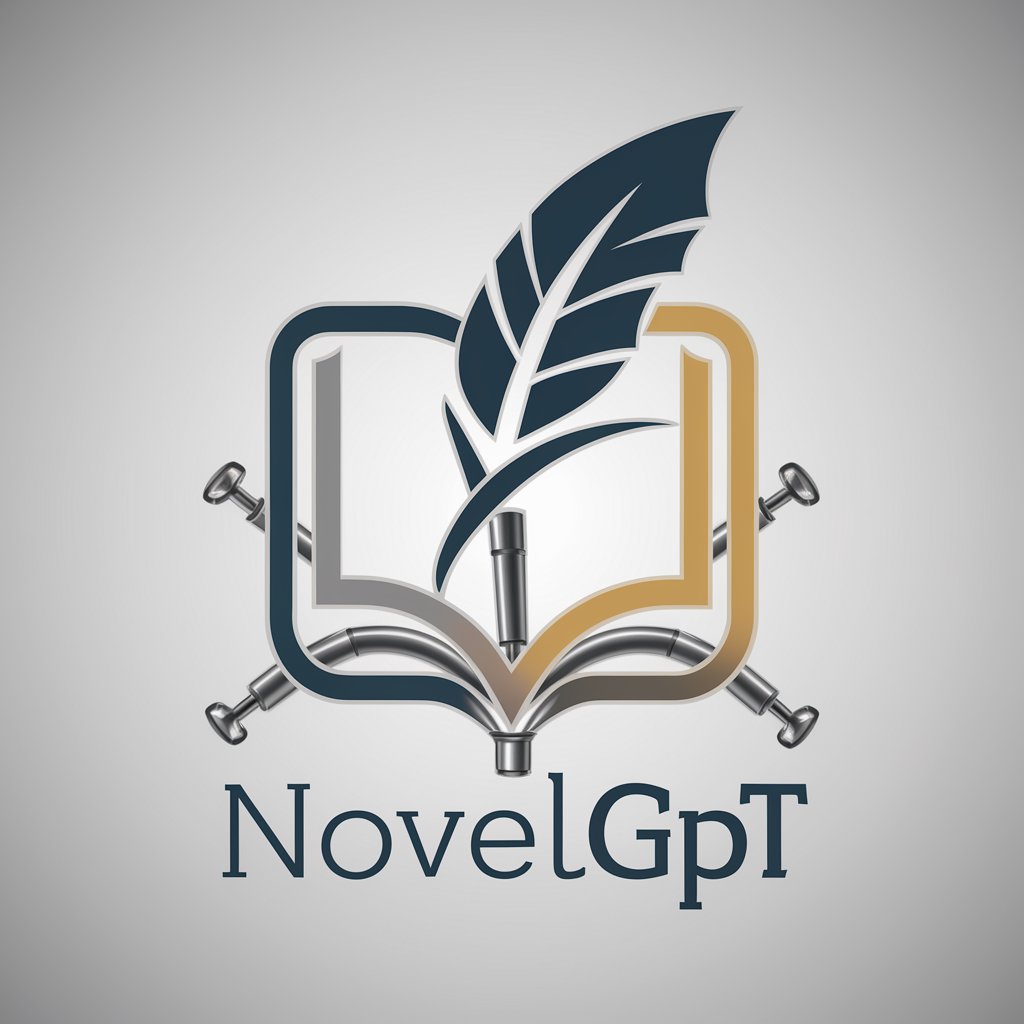Cosmology - Comprehensive Cosmology Insights

Welcome! Let's explore the universe together through the lens of cosmology.
Unraveling the Universe with AI
Explain the Big Bang theory and its significance in cosmology.
Describe the different types of galaxies and their characteristics.
What is dark matter, and why is it important in understanding the universe?
How do black holes form, and what are their key properties?
Get Embed Code
Overview of Cosmology GPT
Cosmology GPT, designed as a specialized artificial intelligence, focuses on disseminating knowledge and fostering understanding in the field of cosmology. It aims to bridge the gap between complex astronomical concepts and enthusiasts or learners who seek to delve into the mysteries of the universe. Through a combination of the latest AI technology and a vast database of astronomical data and theories, Cosmology GPT offers detailed explanations, up-to-date scientific insights, and answers to queries about the universe's origins, structure, evolution, and the fundamental physics that govern it. Examples of its use include explaining the intricacies of the cosmic microwave background radiation, the expansion of the universe, dark matter, and energy, and the lifecycle of stars, providing users with a comprehensive understanding of these phenomena. Powered by ChatGPT-4o。

Core Functions and Applications
Educational explanations
Example
Detailing the significance of the cosmic microwave background radiation as the afterglow of the Big Bang, illustrating how it provides a snapshot of the infant universe.
Scenario
Used in academic settings or by self-learners to understand the evidence supporting the Big Bang theory.
Up-to-date scientific insights
Example
Providing updates on the latest research findings about the accelerating expansion of the universe and the proposed explanations involving dark energy.
Scenario
Helpful for researchers, educators, and enthusiasts who wish to stay informed on recent developments in cosmology.
Answering complex queries
Example
Explaining the concept of black holes, their detection, and significance in understanding the fabric of spacetime.
Scenario
Assists students and curious minds in grasifying complex concepts that are not easily understood from standard textbooks or lectures.
Target User Groups
Academic researchers and students
Those engaged in the study of physics, astronomy, and cosmology at various levels of education can leverage Cosmology GPT for deeper insights into specific research topics, assistance with academic assignments, or preparation for examinations.
Science educators and communicators
Individuals involved in teaching or disseminating scientific knowledge can use this tool to enhance their content, making complex concepts more accessible and engaging for their audience.
Astronomy enthusiasts
Amateurs or hobbyists fascinated by the universe can explore a wide range of topics, from basic astronomical phenomena to advanced theoretical concepts, in a way that is both informative and comprehensible.

How to Use Cosmology
Start Free Trial
Access Cosmology by visiting yeschat.ai for a hassle-free trial that requires no login or ChatGPT Plus subscription.
Define Your Query
Clearly articulate your cosmology-related question or topic of interest to ensure precise and relevant information retrieval.
Engage with Responses
Interact with the provided answers by asking follow-up questions or requesting clarifications to deepen your understanding.
Explore Advanced Features
Utilize advanced queries to explore specific cosmological models, theories, or phenomena in detail.
Apply Knowledge
Apply the insights gained to your academic work, research, or personal interest in cosmology for a comprehensive understanding.
Try other advanced and practical GPTs
Skiing
Elevate Your Slopes Experience with AI

Pandemic
Empowering health decisions with AI

Foreign Markets
Empower Your Investments with AI

Stickers
Empowering creativity with AI-driven sticker design

Ropes
Unraveling Rope Secrets with AI

Arctic
Explore the Arctic through AI

Fyrebyrd
Empowering Leadership Excellence with AI

SEO Copywriter
Empowering Your Content with AI

NovelGPT
Craft Your Story, Your Way with AI

🔵 R&D Advisor for startups | AI Edany
Empowering Startups with AI-Driven R&D Strategies

Reklamní rádce
Elevate Your Online Presence with AI

"Rodinný doctor"
Empowering Health Decisions with AI

Cosmology Q&A
What is cosmology?
Cosmology is the scientific study of the universe's origin, evolution, structure, and eventual fate, focusing on the universe as a whole.
How does the Big Bang theory contribute to cosmology?
The Big Bang theory provides the foundational framework for understanding the universe's beginnings, describing how it expanded from a singularly hot and dense point approximately 13.8 billion years ago.
What role do dark matter and dark energy play in cosmology?
Dark matter and dark energy are crucial for explaining the universe's structure and expansion. Dark matter contributes to the gravitational force holding galaxies together, while dark energy explains the accelerated expansion of the universe.
How do cosmologists measure the age of the universe?
Cosmologists measure the universe's age using observations of the cosmic microwave background radiation, the movement of galaxies, and the rate of expansion of the universe, among other methods.
What are the implications of cosmic inflation for the universe?
Cosmic inflation, a rapid expansion of the universe after the Big Bang, helps explain the uniformity of the cosmic microwave background radiation and the large-scale structure of the universe, supporting the flatness and horizon problems.
